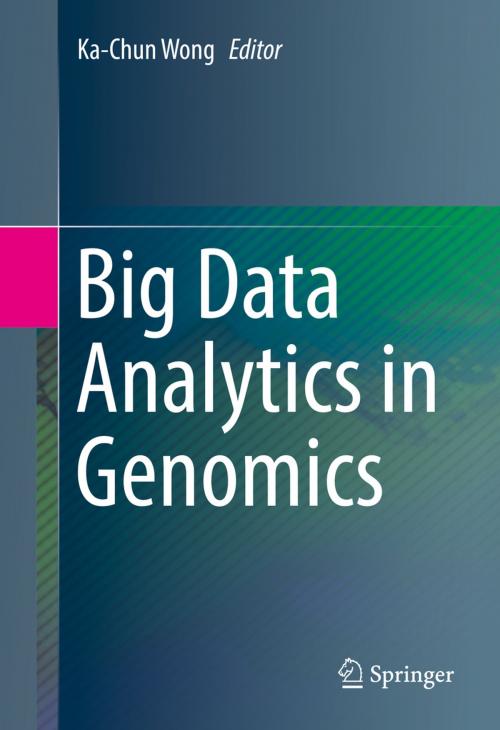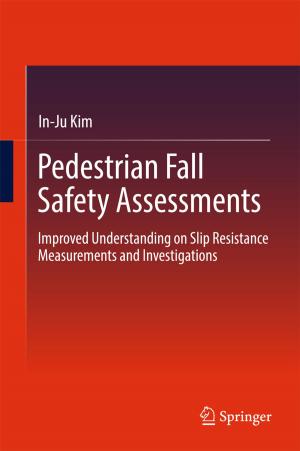Big Data Analytics in Genomics
Nonfiction, Computers, Advanced Computing, Computer Science, Database Management, Science & Nature, Science| Author: | ISBN: | 9783319412795 | |
| Publisher: | Springer International Publishing | Publication: | October 24, 2016 |
| Imprint: | Springer | Language: | English |
| Author: | |
| ISBN: | 9783319412795 |
| Publisher: | Springer International Publishing |
| Publication: | October 24, 2016 |
| Imprint: | Springer |
| Language: | English |
This contributed volume explores the emerging intersection between big data analytics and genomics. Recent sequencing technologies have enabled high-throughput sequencing data generation for genomics resulting in several international projects which have led to massive genomic data accumulation at an unprecedented pace. To reveal novel genomic insights from this data within a reasonable time frame, traditional data analysis methods may not be sufficient or scalable, forcing the need for big data analytics to be developed for genomics. The computational methods addressed in the book are intended to tackle crucial biological questions using big data, and are appropriate for either newcomers or veterans in the field.
This volume offers thirteen peer-reviewed contributions, written by international leading experts from different regions, representing Argentina, Brazil, China, France, Germany, Hong Kong, India, Japan, Spain, and the USA. In particular, the book surveys three main areas: statistical analytics, computational analytics, and cancer genome analytics. Sample topics covered include: statistical methods for integrative analysis of genomic data, computation methods for protein function prediction, and perspectives on machine learning techniques in big data mining of cancer. Self-contained and suitable for graduate students, this book is also designed for bioinformaticians, computational biologists, and researchers in communities ranging from genomics, big data, molecular genetics, data mining, biostatistics, biomedical science, cancer research, medical research, and biology to machine learning and computer science. Readers will find this volume to be an essential read for appreciating the role of big data in genomics, making this an invaluable resource for stimulating further research on the topic.
This contributed volume explores the emerging intersection between big data analytics and genomics. Recent sequencing technologies have enabled high-throughput sequencing data generation for genomics resulting in several international projects which have led to massive genomic data accumulation at an unprecedented pace. To reveal novel genomic insights from this data within a reasonable time frame, traditional data analysis methods may not be sufficient or scalable, forcing the need for big data analytics to be developed for genomics. The computational methods addressed in the book are intended to tackle crucial biological questions using big data, and are appropriate for either newcomers or veterans in the field.
This volume offers thirteen peer-reviewed contributions, written by international leading experts from different regions, representing Argentina, Brazil, China, France, Germany, Hong Kong, India, Japan, Spain, and the USA. In particular, the book surveys three main areas: statistical analytics, computational analytics, and cancer genome analytics. Sample topics covered include: statistical methods for integrative analysis of genomic data, computation methods for protein function prediction, and perspectives on machine learning techniques in big data mining of cancer. Self-contained and suitable for graduate students, this book is also designed for bioinformaticians, computational biologists, and researchers in communities ranging from genomics, big data, molecular genetics, data mining, biostatistics, biomedical science, cancer research, medical research, and biology to machine learning and computer science. Readers will find this volume to be an essential read for appreciating the role of big data in genomics, making this an invaluable resource for stimulating further research on the topic.















